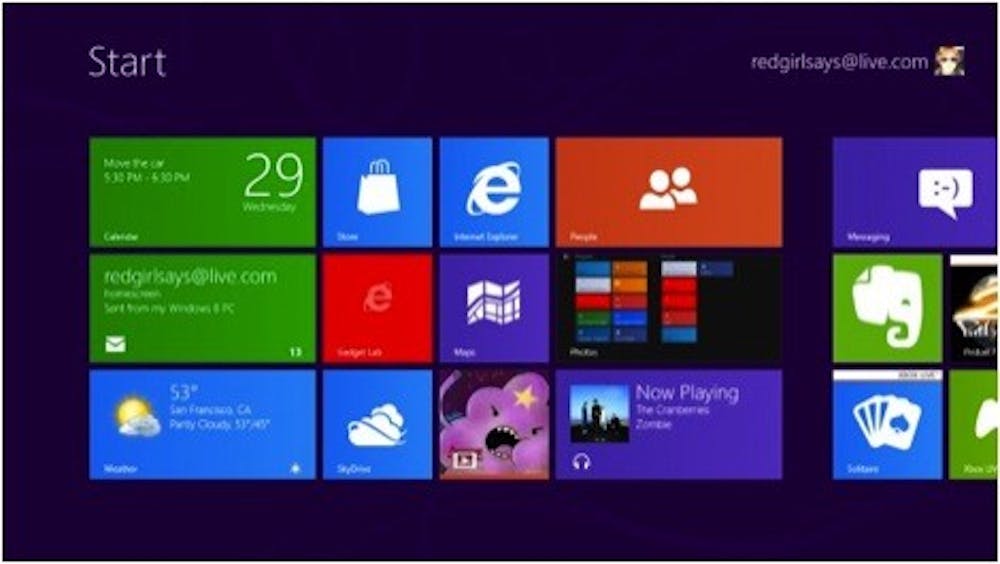Almost two weeks ago, at the Mobile World Congress in Barcelona, Spain, Microsoft announced the release of their Consumer Preview for Windows 8. Windows 8 is their newest update to the Windows operating system and brings a large number of changes. The main difference is the layout and design. It's been completely revamped to match the Metro UI of the Windows Phone OS. This has been a topic of discussion not only in terms of Microsoft staying in the game but about where their OS is headed.
The same discussion is being had over Mac OS X and its future in relation to iOS. Apple will be releasing "Mountain Lion" this summer, which will bring more aspects of iOS to OS X, including iMessage, Notifications, Reminders and other apps. There is an obvious goal of unifying the desktop and mobile operating systems for both Microsoft and Apple. This would allow for a seamless transition between your mobile device and your laptop or desktop. Google has even had to start unifying by moving their famed Chrome web browser to Android (4.0 only). This means you can easily switch between browsing a website on your laptop to your phone and pick up where you left off.
All three major companies have been pressed by the tech-news media to answer when something like this will take place. It looks like this is finally becoming a reality. In my mind this would have fit in right along the cloud-storage craze, though it's technically still going on. It makes me hopeful for what's in store. I'm a big fan of simplicity, especially in technology. Unification fits in that view as well and what better way to do it. Apple has prided itself on simplicity and now they're starting to show it in every aspect of what they do. It won't matter if you get an iPhone, iPad or Macbook because they will all be able to do the same thing. Granted, the phone aspect of the iPhone is still unique to it, but hopefully once we all realize how amazing VoIP calling is, we'll focus more on Facetime and Google Voice rather than AT&T and Verizon. Those people don't deserve our hard-earned money anyways.
Unification is also a huge step for developers as well. Instead of designing their apps to be strictly iPhone or just for Chrome, they'll be able to have a unified app for each device, regardless of what it is. Developers will begin to create high-quality apps that sync across devices -- better that they do it now and make a great deal of money off it. Everybody wins! But, we still must do our best to not expand the digital divide. With these changes, people and the corporations that have relied on things like Windows XP and Internet Explorer will have to spend the time and money to make the necessary upgrades. The argument that our software only runs on XP is just an excuse. If they really want to succeed, even more than they have been, they'll get on board. Though my mom will probably never budge. I've tried and failed miserably to get her to change from Windows XP. I'll just have to let it slide.
Hopefully people don't complain about these changes like they do with Facebook layouts, mainly because these changes are actually necessary and useful. From what I've seen of Windows 8, it's a solid competitor to OS X. If Apple and Microsoft do it right, we'll see a huge door open for technology to progress that would provide us with some incredible tools and allow us to actually get stuff done. I'm looking at you, Blue Screen.





